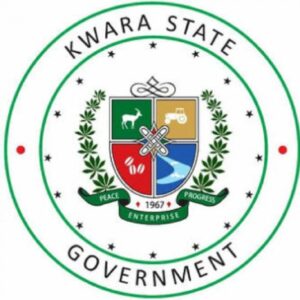
Agency decries surge in psychiatric disorders in Plateau
Plateau State Contributory Healthcare Management Agency (PLASCHEMA) on Thursday in Jos lamented the increasing rate of psychiatric disorders in the state.
Its Director-General, Dr Fabong Jemchang, raised the concerns at a training programme organised by PLASCHEMA for medical personnel and health service providers.
He said that the training was organised in collaboration with the state’s Hospital Management Board and the Sound Mind Medical and Rehabilitation Initiative (SMMRI), an NGO.
Jemchang noted the rise in cases of anxiety disorder, depression and suicide in the state, and said the training would equip participants with requisite knowledge to tackle the menace.
“For us at PLASCHEMA, the concept of mental health is critical to healthcare delivery; unfortunately, that’s one area that has been neglected.
“In Plateau, no household or community is immune to mental disorder; from anxiety disorder, to depression, and to suicide, among others.
“At PLASCHEMA, we believe that if you take care of mental health, you have taken care of most of the health challenges in society.
“We have to train healthcare providers to identify cases of substance abuse and teach them the basics of mental healthcare delivery to free the society of mental disorders,” he said.
He advised participants to put knowledge gained into good use and create massive public awareness that would mitigate the challenge.
In his remarks, Executive Director of SMMRI, Mr Kizito Ndak, said that the training would serve as an eye-opener to issues of physiology and pharmacology of addiction in communities.
He added that the training would equip participants with the capability to identify and differentiate between patients with drug- induced psychosis and those free of drug abuse.
“One of the major causes of addiction is the frequent use of drugs as pain killers.
“The objectives of this training are to teach participants how to administer drugs that can be addictive properly and professionally,” he said.
Participants were drawn from the 17 local government areas of Plateau.



